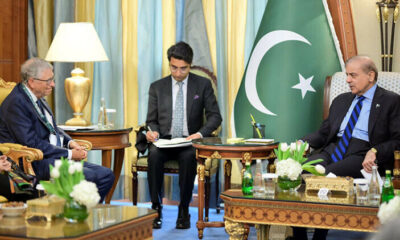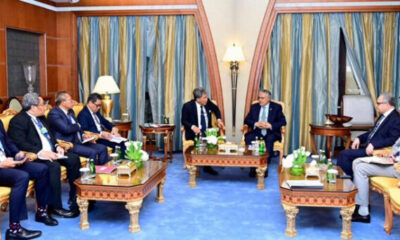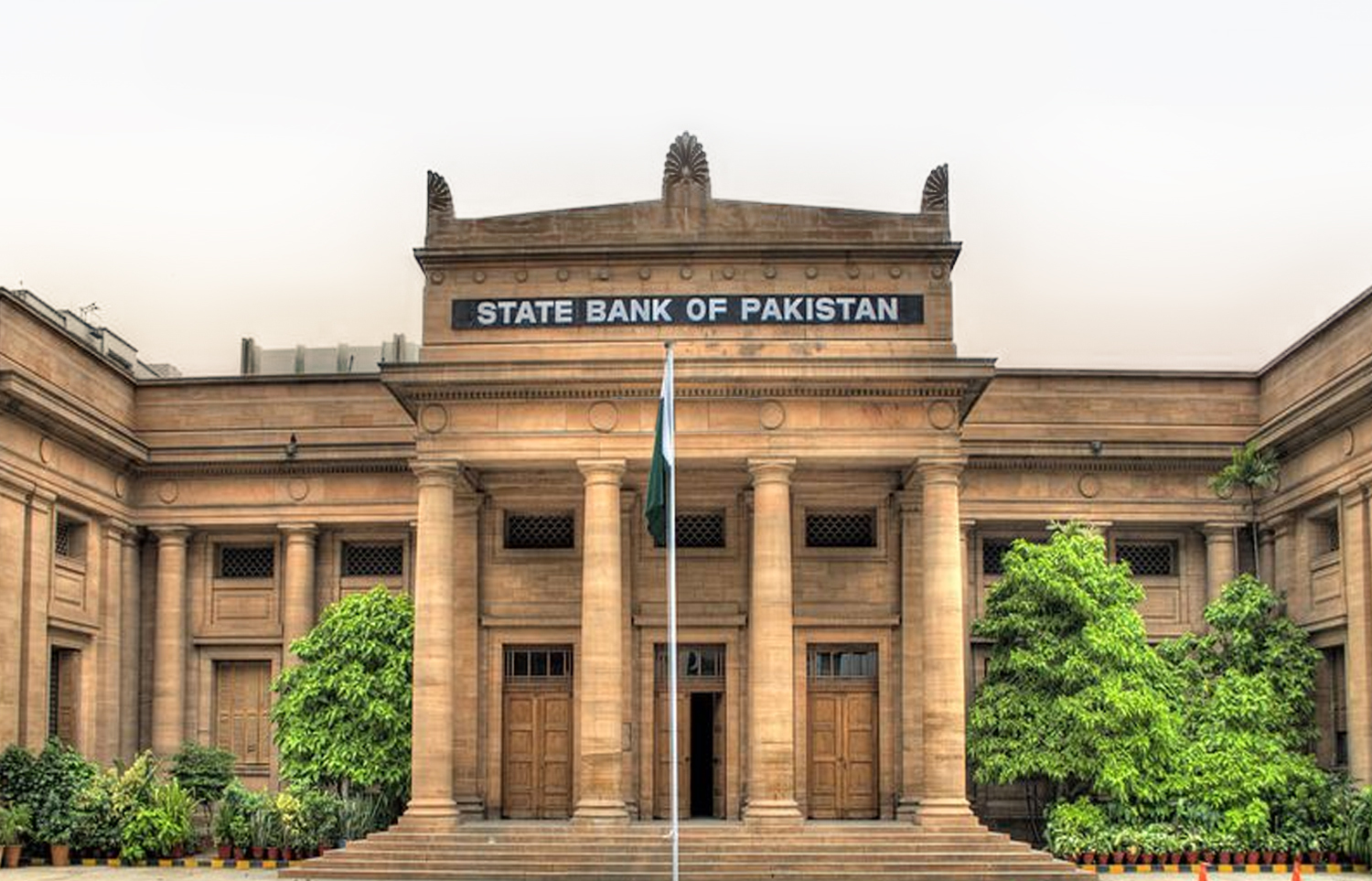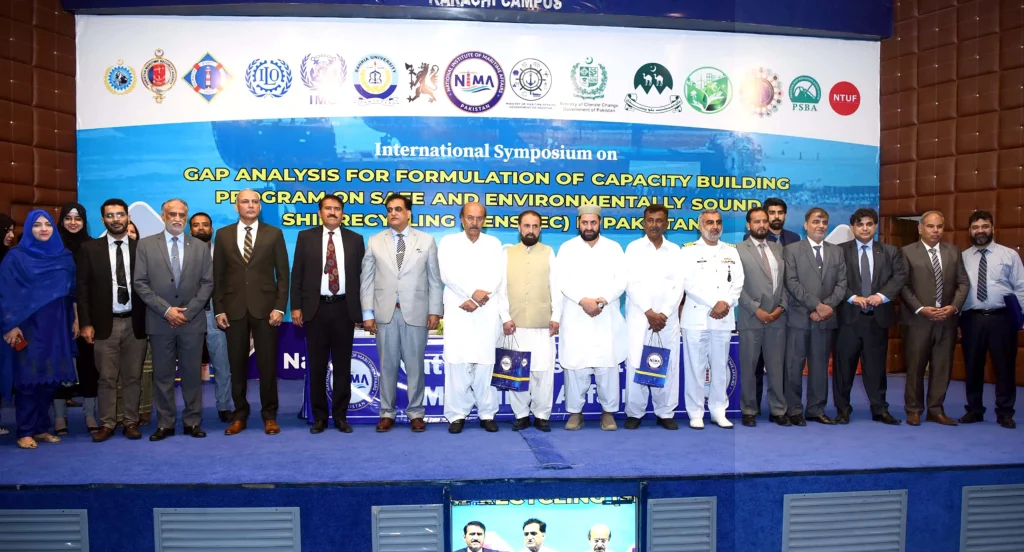Business
The Finance Minister post is taken up by Muhammad Aurangzeb.
-

 Latest News3 days ago
Latest News3 days agoThe PML-N Punjab chapter convenes today to discuss organizational issues.
-
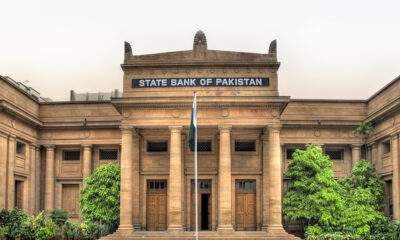
 Business3 days ago
Business3 days agoThere are US$13,280.5 million in foreign exchange reserves in Pakistan.
-
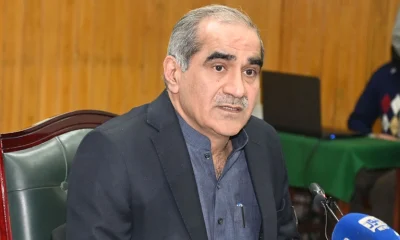
 Latest News3 days ago
Latest News3 days agoSaad Rafiq: Ali Amin Gandapur’s threat to storm Islamabad is a major issue.
-
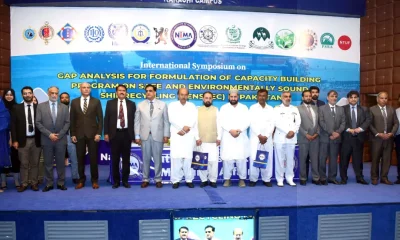
 Business3 days ago
Business3 days agoNIMA seminar to increase Pakistan’s ship recycling industry’s capacity
-

 Latest News3 days ago
Latest News3 days agoThe first Air Ambulance Service training session in Pakistan begins.
-
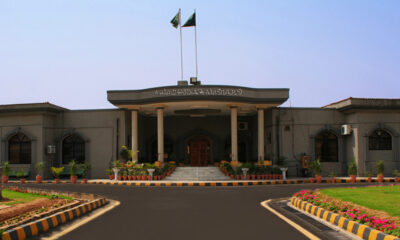
 Latest News3 days ago
Latest News3 days agoIHC will consider a case today challenging the election of the Senate chairman and deputy
-

 Latest News3 days ago
Latest News3 days agoPunjab Assembly session: Committee on wheat imports is formed by the speaker
-
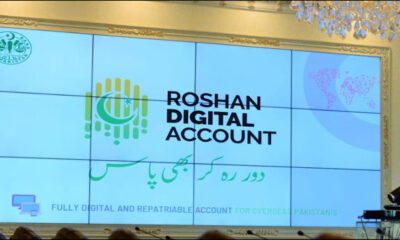
 Business3 days ago
Business3 days agoInflows into the Roshan Digital Account surged to $7.660 billion on March 24.


